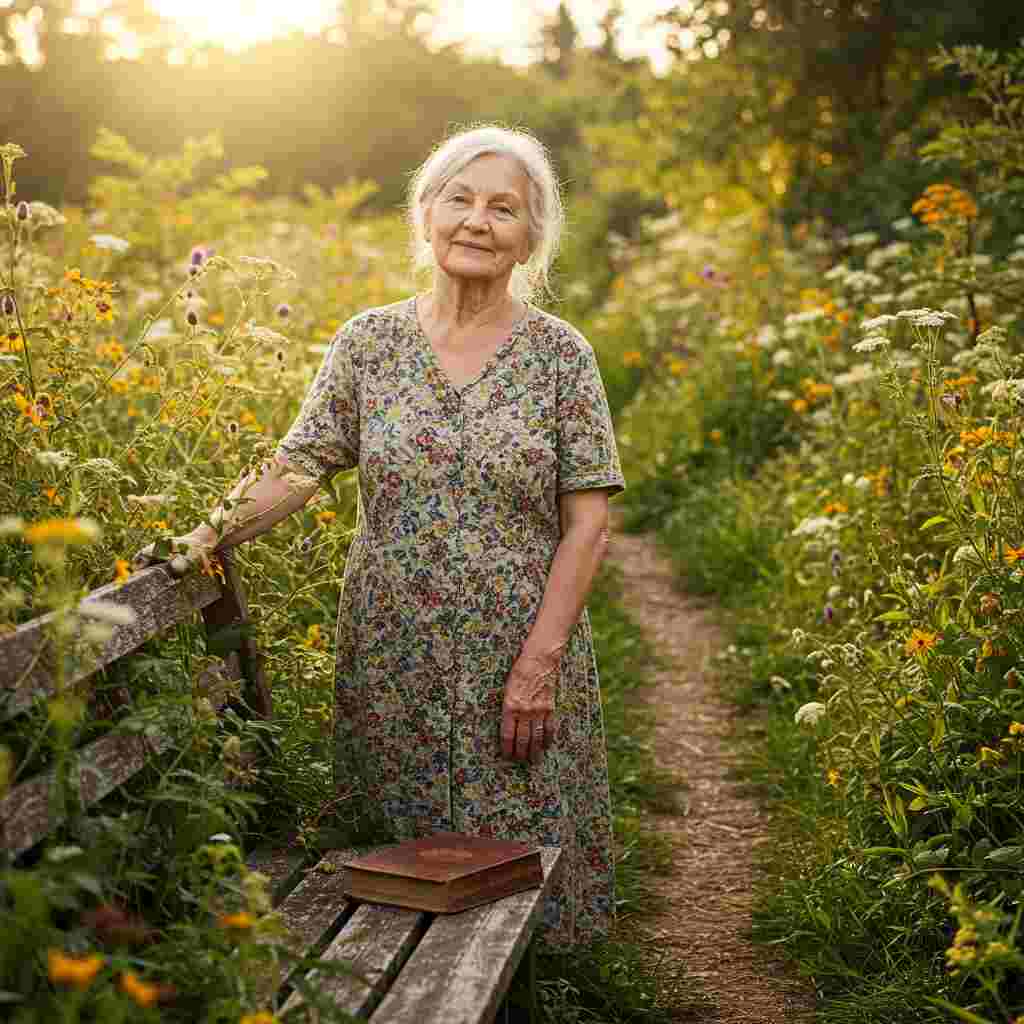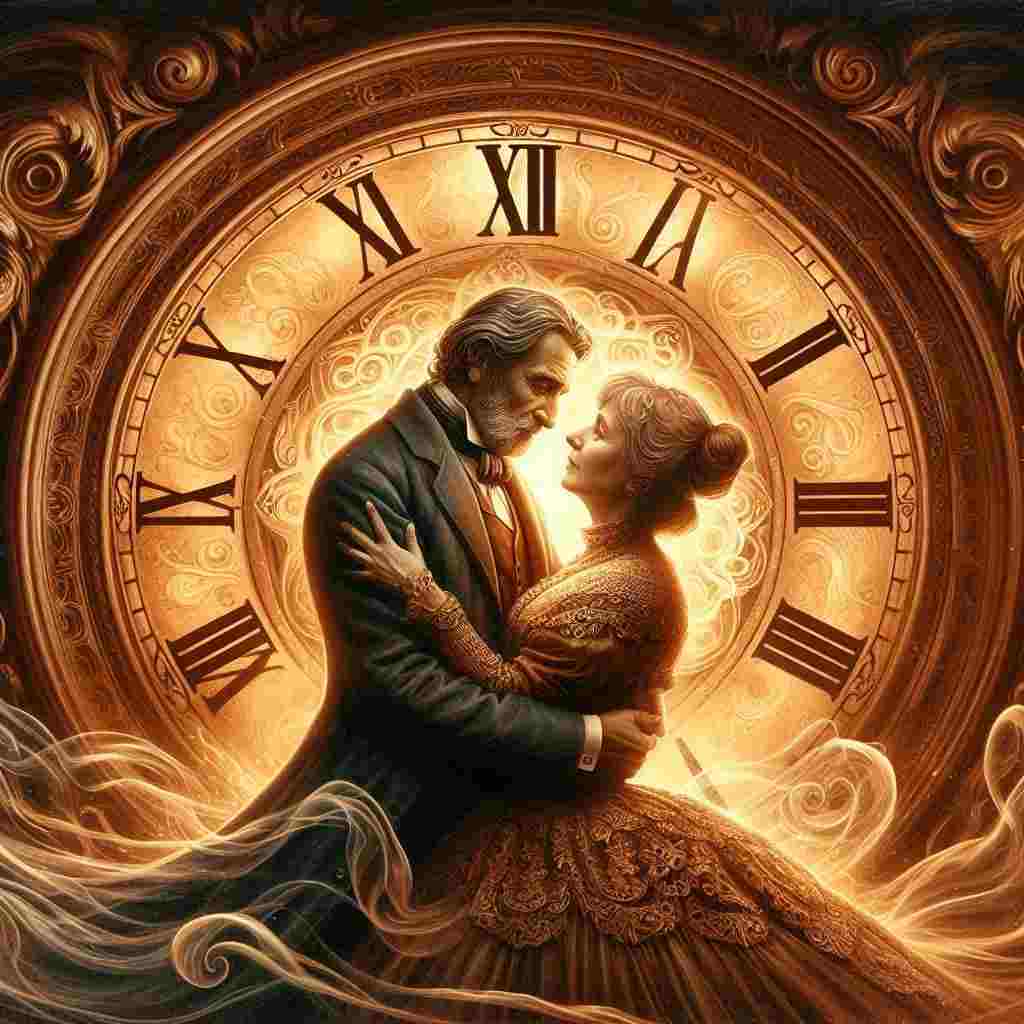2 Poems by George Crabbe
1754 - 1832
George Crabbe Biography
George Crabbe, an English poet and clergyman born in 1754 in Aldeburgh, Suffolk, emerged as a distinctive voice in late 18th and early 19th-century literature. His life and work spanned a period of significant social and cultural change, bridging the gap between Augustan and Romantic poetry. Crabbe's literary output, characterized by its unflinching realism and moral insight, offers a unique perspective on rural life and human nature that continues to intrigue scholars and readers alike.
Crabbe's early years were marked by hardship and struggle. Born to a salt master of modest means, he grew up in a coastal town where poverty and the harsh realities of maritime life were ever-present. These formative experiences would later inform his poetic vision, imbuing his work with a gritty authenticity that set him apart from his more romantic contemporaries. Despite limited formal education, Crabbe displayed an early aptitude for learning, particularly in botany and literature, interests that would shape both his professional and artistic pursuits.
At the age of 14, Crabbe was apprenticed to a local doctor, marking the beginning of his medical training. This period of his life, while ostensibly focused on medicine, was crucial in developing his keen observational skills and his interest in human suffering—themes that would become central to his poetry. However, Crabbe's true passion lay in writing, and he began composing verse during his apprenticeship, often drawing inspiration from the rural landscapes and characters of his native Suffolk.
In 1780, driven by ambition and desperation, Crabbe made a bold move to London to seek his fortune as a writer. This period in the capital was one of intense hardship and disappointment. Living in poverty and facing repeated rejection from publishers, Crabbe found himself on the brink of destitution. It was in this moment of crisis that he made the fateful decision to approach Edmund Burke with a plea for assistance. Burke, impressed by Crabbe's talent and perseverance, became his patron, introducing him to literary circles and helping to launch his career.
Under Burke's guidance, Crabbe published "The Library" in 1781, which met with modest success. However, it was his subsequent work, "The Village" (1783), that firmly established his reputation. This poem, with its stark portrayal of rural poverty and its rejection of pastoral idealization, marked a significant departure from the prevailing literary conventions of the time. Crabbe's unflinching depiction of the harsh realities of country life earned him both praise and controversy, setting the tone for much of his later work.
Crabbe's literary career was intertwined with his vocation as a clergyman. Ordained in 1781, he served in various parishes throughout his life, an experience that provided him with intimate knowledge of rural communities and their inhabitants. This dual role as poet and pastor gave Crabbe a unique perspective, allowing him to observe and chronicle the lives of ordinary people with both sympathy and moral authority.
The years following the publication of "The Village" saw Crabbe largely withdraw from the literary scene. He married Sarah Elmy in 1783, a union that had been long delayed due to financial constraints, and focused on his clerical duties and family life. This period of relative literary silence lasted over two decades, during which Crabbe continued to write but published little. It was not until 1807, with the encouragement of his sons, that Crabbe returned to the public eye with the publication of "Poems."
This resurgence marked the beginning of what many consider to be Crabbe's most productive and accomplished period. Works such as "The Borough" (1810), "Tales" (1812), and "Tales of the Hall" (1819) showcased his mature style, combining narrative poetry with psychological insight and social commentary. These later works cemented Crabbe's reputation as a master of the verse tale, a genre that allowed him to explore complex moral and social issues through vivid, often tragic, character studies.
Crabbe's poetry is notable for its commitment to realism and its rejection of romantic idealization. His verse, often composed in heroic couplets, displays a precision and clarity that reflects his scientific training. Yet, beneath the formal structure lies a deep empathy for human suffering and a nuanced understanding of moral complexity. Crabbe's characters—fishermen, smugglers, parish clerks, and village maidens—are portrayed with a depth and authenticity that challenged the literary conventions of his time.
The influence of Crabbe's work extended beyond his immediate contemporaries. His unflinching portrayals of rural life and his exploration of psychological states anticipate elements of Victorian realism and even modernist literature. Writers as diverse as Lord Byron, who famously dubbed Crabbe "nature's sternest painter, yet the best," and E.M. Forster acknowledged their debt to his work.
In his later years, Crabbe enjoyed considerable literary fame and financial security. He continued to write and revise his work until his death in 1832, leaving behind a body of poetry that offers a unique window into the social and moral landscape of Georgian England. His legacy, while sometimes overshadowed by the Romantic poets who were his contemporaries, remains significant. Crabbe's unflinching gaze, his moral seriousness, and his commitment to portraying the lives of ordinary people continue to resonate with readers and scholars, offering a complex and nuanced view of a pivotal period in English literary history.
George Crabbe's life and work embody the tensions and transitions of his era—between Augustan formalism and Romantic sensibility, between rural tradition and urban modernity, between moral certainty and psychological complexity. His poetry, with its keen observation and ethical depth, continues to offer rich material for literary analysis and historical insight, ensuring his place as a significant figure in the canon of English literature.
This text was generated by AI and is for reference only. Learn more
Username Information
No username is open
Unique usernames are free to use, but donations are always appreciated.
Quick Links
© 2024-2025 R.I.Chalmers (V2Melody).

All music on this site by R.I.Chalmers (V2Melody) is licensed under a Creative Commons Attribution-NonCommercial 4.0 International License.
Attribution Requirement:
When using this music, you must give appropriate credit by including the following statement (or equivalent) wherever the music is used or credited:
“Music by R.I.Chalmers (V2Melody) – https://v2melody.com”
Support My Work:
If you enjoy this music and would like to support future creations, donations are always welcome but never required.
Donate


